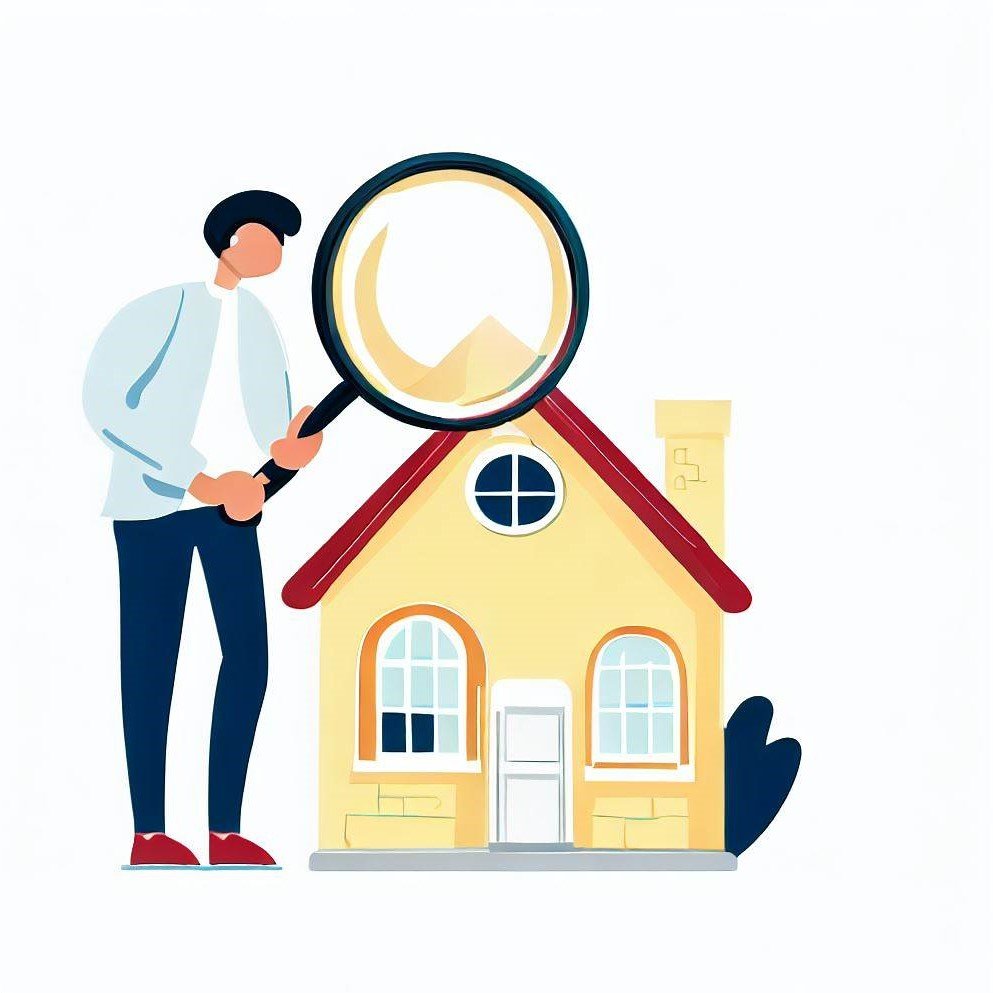6 Factors to Consider Before Investing in Real Estate
Considering real estate investment? Explore the key factors you should weigh before diving in. From market trends to financial readiness, this guide offers insights to help you make informed decisions in the ever-changing real estate landscape.
Investing in real estate is a significant decision that requires careful consideration and strategic planning. Tennessee, with its expansive Smoky Mountains, offers a particularly attractive opportunity for those interested in cabin investments. The region's natural beauty and status as a tourist haven make it a popular choice for investors looking to buy properties that offer both personal enjoyment and potential rental income. Cabins here are not simple dwellings; they are gateways to experiencing and enjoying the tranquility of mountain life, making them highly sought after in the real estate market.
1. Location and Accessibility
The location of a cabin significantly impacts its desirability and, consequently, its potential as an investment. Cabins in the Smoky Mountains that are close to popular tourist attractions like national parks, hiking trails, and scenic overlooks tend to attract more visitors and generate higher rental incomes. Accessibility is also crucial; properties that are easy to reach by major roads are more attractive to both short-term renters and long-term buyers.
In addition to the natural and logistical advantages, the local ambiance—such as the proximity to towns with amenities and entertainment options—also plays a vital role. A cabin nestled in a more secluded area might appeal to those looking for a private retreat, whereas one closer to Gatlinburg or Pigeon Forge could be more appealing for visitors interested in frequenting tourist spots. Each location offers different benefits, so understanding the specific appeal of where a cabin is situated is essential for making a sound investment.
2. Understanding the Market Value
Exploring cheap cabins for sale in Tennessee, particularly in the Smoky Mountains, presents a valuable opportunity to access a thriving real estate market while enjoying the beauty and tranquility of a top tourist destination. Understanding the market value of these cabins is crucial, as it determines the investment's profitability. It's important to research recent sale prices of similar properties in the area to get a sense of what is reasonable to expect in terms of cost, potential appreciation, and return on investment. Also, check the cap rate or capitalization rate of the property by dividing its net operating income by its value. The cap rate helps you determine the relative value of the property.
Moreover, the market value of cabins can be influenced by various factors, including the state of the economy, interest rates, and the overall demand for vacation properties in the region. Potential investors should consider these dynamics when evaluating the price of a cabin. Is the cabin priced appropriately for its location, size, and condition? Answering this question will help investors make informed decisions and spot valuable deals in the Smoky Mountains' real estate landscape.
3. Legal Considerations
When investing in cabin real estate, understanding the legal landscape is just as important as assessing the physical property. This includes knowing zoning laws that dictate what can and cannot be done with the property. For example, some areas within the Smoky Mountains may have strict regulations regarding rental properties or specific land use, which could impact your ability to operate a vacation rental.
Furthermore, potential investors should be aware of any covenants or community rules if the cabin is part of a managed community. These regulations can affect everything from renovations to the types of activities allowed on the property. Engaging with a local real estate attorney to navigate these legal waters can provide clarity and security, ensuring that your investment is both protected and compliant with all local laws and regulations.
4. Potential for Rental Income
Investing in a cabin in the Smoky Mountains offers significant potential for rental income, given the area's popularity as a vacation destination. The key to maximizing this potential is understanding the local tourist market and aligning the cabin's features with what visitors are looking for. Cabins that offer modern amenities, such as Wi-Fi, hot tubs, and updated interiors, tend to attract more renters and command higher rental rates. Additionally, the charm of rustic features, like fireplaces or panoramic mountain views, can also enhance a property’s appeal.
The seasonal nature of tourism in the Smoky Mountains means rental income can fluctuate throughout the year. During peak seasons, such as the fall foliage months or summer holidays, cabins can generate substantial revenue. However, understanding the off-peak season dynamics is crucial for financial planning. Investors might consider offering special promotions or targeting different types of visitors, such as those looking for a quiet winter getaway, to maintain steady occupancy year-round.
5. Maintenance and Upkeep Costs
Owning a cabin in the Smoky Mountains involves ongoing maintenance to ensure the property remains attractive and functional for guests. The rustic nature of these cabins often means they require regular upkeep to handle issues like weatherproofing, pest control, and general repairs. These costs can vary widely depending on the age and condition of the cabin, so prospective investors should factor them into their overall budget.
Besides routine maintenance, there are also occasional larger expenses to consider, such as replacing roofs or aging appliances. These investments are necessary to keep the property competitive in a bustling rental market. Effective management of these costs, possibly through a reserve fund for maintenance and emergencies, can help maintain the cabin’s value and profitability over time without causing financial strain.
6. Exit Strategy
Having a clear exit strategy is crucial when investing in real estate, especially in a niche market like cabin properties in the Smoky Mountains. While many investors may consider holding onto their properties long-term, circumstances can change, necessitating a sale. Factors to consider also include the market conditions and the ideal timing for selling to maximize returns. For instance, selling during a market upswing when demand for vacation properties is high could yield a better return on investment.
Additionally, investors should consider the potential for converting the cabin into a different type of property or its eligibility for redevelopment if such opportunities align with market trends. Keeping options open and staying informed about the real estate market will aid investors in making decisions that best meet their long-term financial goals.
Conclusion
Investing in a cabin in the Smoky Mountains of Tennessee presents a unique opportunity for both personal enjoyment and financial gain. From understanding the market value and choosing the right location to consider the legal implications and managing maintenance costs, each factor plays a crucial role in the success of such an investment. With a solid strategy for rental income and a clear exit plan, investors can navigate the complexities of the real estate market and make the most of their investment. As always, due diligence and thorough research are key to making informed decisions that will lead to a rewarding investment experience in one of America’s most scenic regions.





